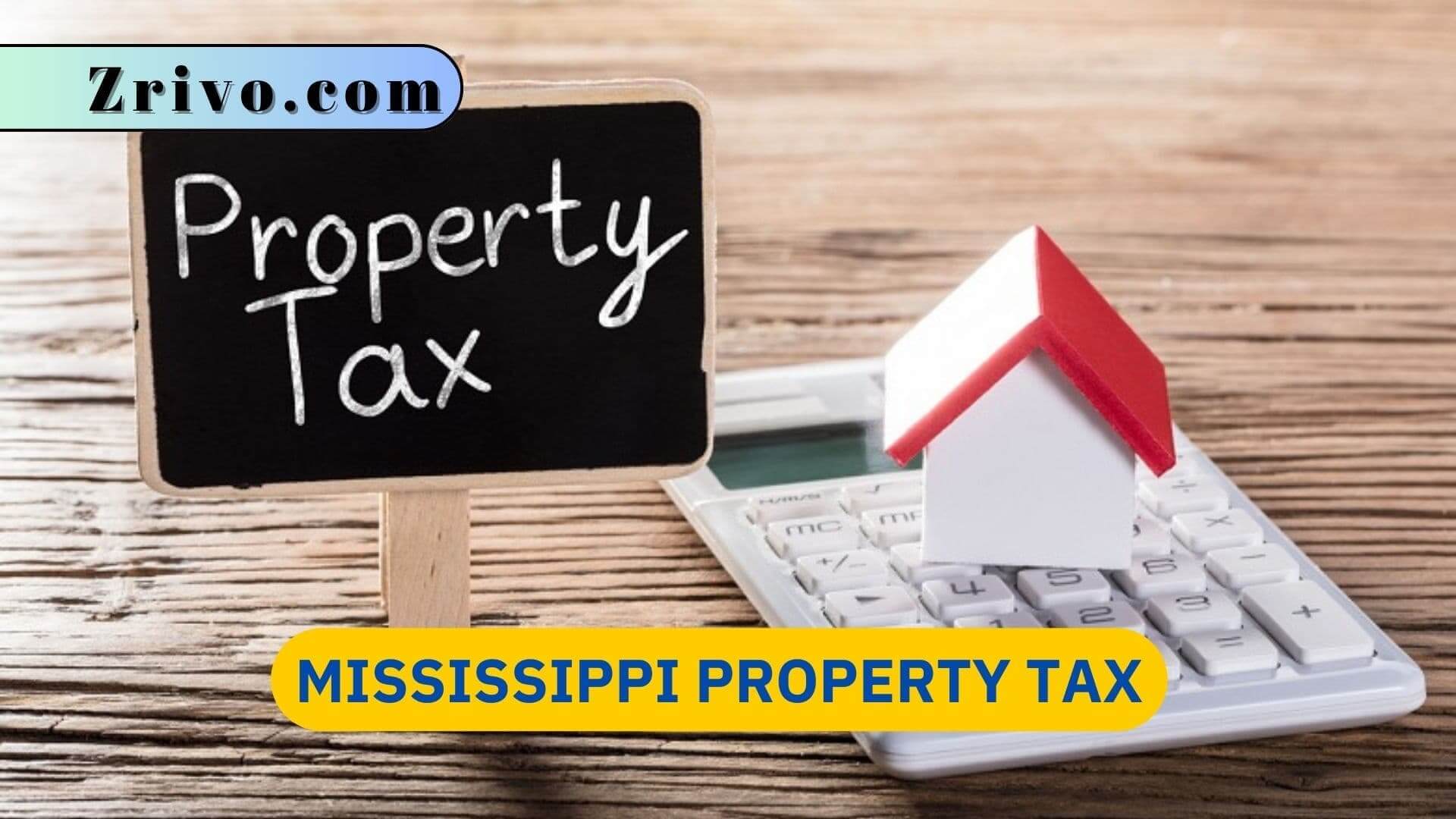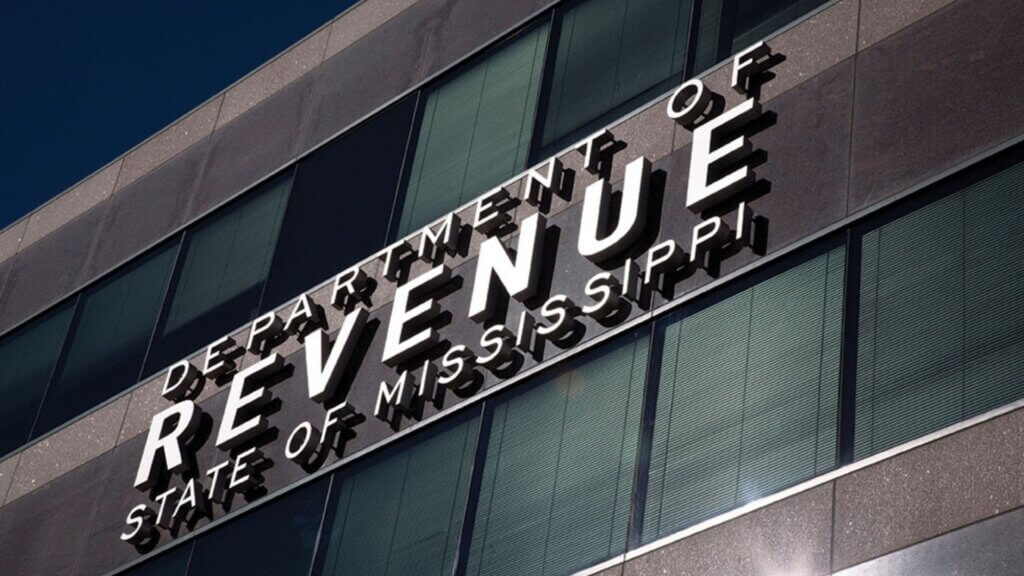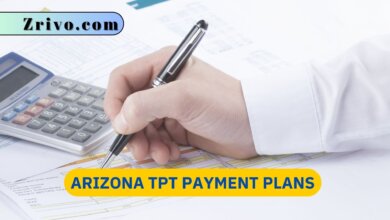Mississippi Property Tax
Across The Magnolia State, property taxation hinges on a framework reflective of the assessed value of real and personal property. This critical financial responsibility fuels essential community services, ensuring sustained public infrastructure and education systems.

Contents
Mississippi property taxes are critical to state funding for county and city governments and school districts. However, the nuances of ad valorem tax systems, including exemptions and local versus state responsibilities, can be complex to understand for homeowners and investors alike.
A key component of Mississippi property taxes is the millage rate, which is expressed as a dollar amount per $1,000 of assessed value. This rate is set by local government entities to generate revenue for essential services and infrastructure. To calculate property taxes, owners must first determine the assessed value of their properties. This can be done through an online tool or by consulting a tax professional. It is also advisable to keep track of any changes or improvements to property, as these may increase the assessed value and result in higher property taxes.
How Do Property Taxes in Mississippi Work?
The Mississippi property tax process begins with a careful appraisal by the local assessor to determine the property’s fair market value. This valuation is based on the property’s location, use, and other factors. The assessor also considers any exemptions, such as homestead or agricultural use. The assessed value is then applied to the local property tax rate.
The Mississippi property tax process can be complicated, but understanding it can help you make informed decisions about your home or investment. You can find information about current and historical property tax records and learn more about the exemptions and special provisions that apply to your area. The state also offers a convenient online payment system allowing you to pay your property tax bill through electronic check or credit card.

Mississippi Property Tax Exemption
Homeowners can reduce their property taxes by filing for a homestead exemption. To qualify, applicants must own a permanent, single-family dwelling and have lived in it for at least five years. The exemption can reduce a house’s assessed value by up to 30%, reducing property taxes significantly. Those interested in filing should contact their county assessor’s office or website to learn more about eligibility requirements. The deadline for filing is February 1; penalties are levied for late payments.
How to Pay Mississippi Property Taxes?
There are several ways to pay property taxes in Mississippi, including online payment, mail-in payments, and in-person visits. It is important to make sure that you are paying the correct amount, so it is important to check your property taxes regularly. Also, it is important to be aware of any exemptions available to reduce your tax burden. If you are unsure of what you need to do, you should contact your local tax collector’s office for assistance.





